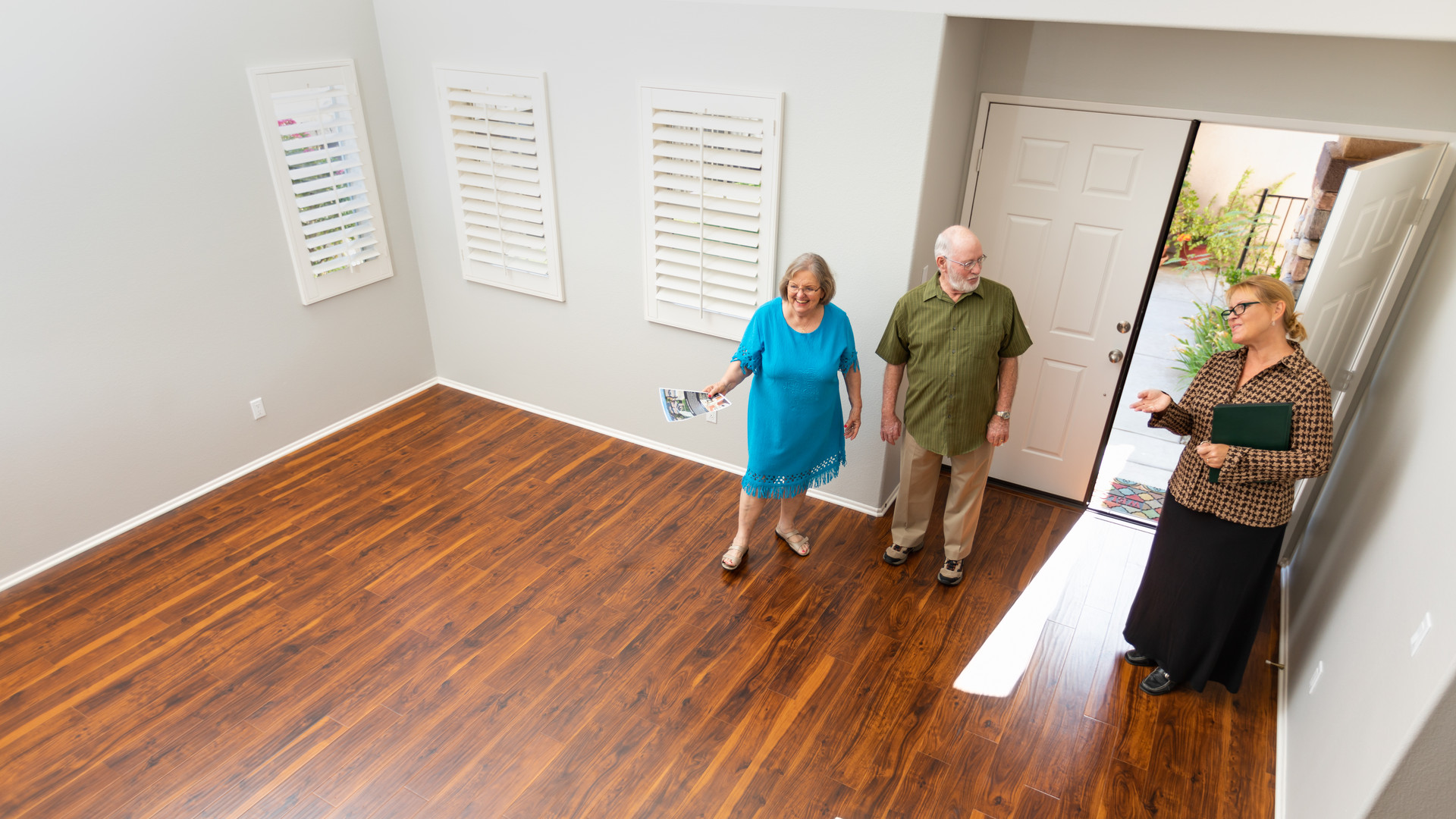Worried Mortgage Rates Will Stay High Forever? Here's How to Buy a Home in Spite of Them
It's hardly a secret that mortgages have been expensive to sign since the start of the year. And while rates have fluctuated a bit, they've remained elevated since January. As of this writing, the average rate on a 30-year mortgage is 6.87%, says Freddie Mac. In time, mortgage rates are likely to come down. But that may not happen for a while.
There are steps you can take to try to save money on a mortgage, like boosting your credit score to potentially snag a lower rate. But an 800 credit score isn't going to magically take the average 30-year mortgage rate of 6.87% down to 5.1% for you.
Mortgage rates are largely a function of market conditions. And right now, conditions aren't so favorable for borrowers. As such, if you're hoping to purchase a home this year, it could pay to focus more on ways to spend less on the property you're buying. And here are three options for potentially spending less on a home.
1. Buy a fixer-upper
If you're only willing to buy a home in pristine, move-in-ready condition, then you may end up spending a small fortune on a property this year. But if you're willing to buy a home that needs work, you can potentially reap some savings.
That said, if you're going to purchase a fixer-upper, make sure to get an estimate from a contractor or set of contractors before finalizing your purchase agreement. You don't want to end up taking on such costly repairs that they negate the savings of a lower home price.
For example, it may be that move-in-ready homes in your target neighborhood are selling for an average of $500,000. A fixer-upper might cost only $350,000. But if you're looking at $150,000 of work, you're not really saving any money. And, you're taking on the hassle of having to live in a construction zone.
2. Choose more of an up-and-coming neighborhood
There are different factors that can make one neighborhood more desirable than another, such as access to amenities and great schools. But if you're willing to take a chance on an up-and-coming neighborhood, you may find that you're able to spend less on a home.
That said, if you have kids, it's important to research school districts before settling on a neighborhood to make sure you're not compromising on your children's education. And also, recognize that it can take a number of years for an up-and-coming neighborhood to grow into a fully developed one. If you don't think you can sit tight that long, then you may want to stick to an established neighborhood if you can swing the higher cost.
3. Find a home with a separate living space you can rent out for income
Maybe you don't want to buy a house that needs work and you want to move into a specific neighborhood with a great reputation. That may still be on the table if you're able to purchase a home with a separate living area, like a finished basement.
The reason? You can potentially rent out space in your home for additional income. That could make it more affordable.
And remember, you're not signing up to have a tenant living under your roof forever. If your income rises in a few years, you can reclaim the space you're renting out and enjoy more privacy once your finances improve.
Mortgage rates are apt to come down in time, but right now, they're pretty high. And while raising your credit score and shopping around with different mortgage lenders could result in some savings, those savings may be limited.
As such, you may want to focus on ways to save on the purchase price of your home. But either way, make certain you're not signing up to spend more than 30% of your take-home pay on housing, including mortgage payments, property taxes, and homeowners insurance. Going above that threshold could put you at risk of falling behind on not just your housing expenses, but your various bills across the board.
Looking to purchase a home soon? Check out our down payment assistance programs to see if you qualify.
This article was written by Maurie Backman from The Motley Fool and was legally licensed through the DiveMarketplace by Industry Dive. Please direct all licensing questions to legal@industrydive.com.
